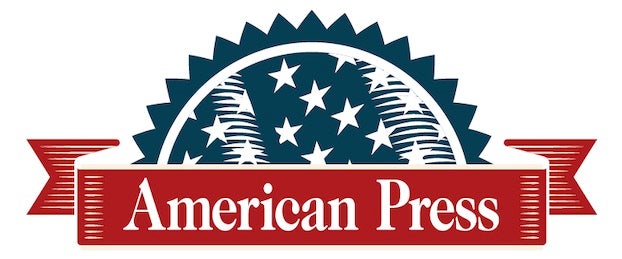Letter: Is replacement selection right choice for nation?
Published 3:29 am Sunday, April 3, 2022
Leonard Chisholm
Lake Charles
This is a story, well, sort of; it’s really a fairy tale. Or maybe not; you can decide. This is about horse racing, a sport that has been around for a while, and is not restricted to the US.
Here’s the story: In the world, not as we know it today, there is a continuing series of horse races that determine the relative standing, in dominance, of the world order of the member nations. The nation that produces the best and fastest horses would benefit by gaining or maintaining their position as leader of the world. (Remember this is a fairy tale.) Su, a country, had been the leader for some time, but one of its horses, of the nine allowed, became lame and could no longer compete. It had to be replaced. Of course Su wanted to send the best replacement possible for the injured horse, but there were restrictions to the method of replacement. The replacement horse had to come from a population of 100 horses, and the replacement horse had to be selected by one person whom we shall call Ecks.
Ecks had fallen heir to his position through a process known as the Peter principle, and at this moment in time, Ecks could not be replaced as his replacement was less qualified than he. Ecks told the keeper of the horses that he wanted to select a sorrel horse, and it must be a mare. There was no history in horse racing that sorrel-colored horses were the best, or fastest, nor was there any other colored horse that was dominant because of their color. There was also no history that mares were superior. But, nevertheless, Ecks had his mind made up, and he selected a sorrel mare out of the seven horses that met his requirements. And so it went.
Since this is a fairy tale, do you think that Ecks’ process of selection of a replacement horse was in the best interest of his country, Su, and do you really think this is a fairy tale?






